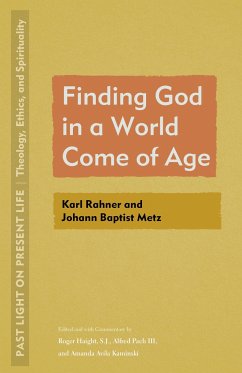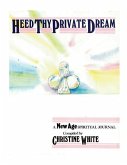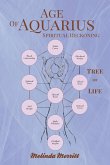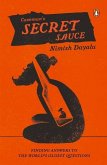During his days in prison in Berlin, Dietrich Bonhoeffer had time to read and reflect on the Enlightenment and to ask the question of how Christians might live in a world come of age. One can interpret Karl Rahner's theological and pastoral writing as addressing that question. Born in 1904, he lived through both World Wars to a ripe age of 80 and wrote 1651 published works. Although his writing had a unique historical genesis and intellectual setting, along with a technical vocabulary, he consistently wrote out of pastoral concern in an effort to make Christian faith and belief credible in his Western European culture and the new post-WWII context. Probably his most important student was Johann Baptist Metz who was born in Germany 1928, conscripted into the army as a teenager, and after it, turned to the seminary and to theology. He studied with Rahner in Innsbruck and received his doctorate in theology in 1961 and taught at the University of Münster for thirty years. As Dorothee Soelle converted Bultmann's existential analysis into social commitments, so did Metz give new social meaning to Rahner's "transcendental" theology in a time of social cataclysm. Thus, together, Rahner and Metz, not in competition but as complementary, offer a distinctive response to the spiritual question of finding God in the present-day secular world.
Hinweis: Dieser Artikel kann nur an eine deutsche Lieferadresse ausgeliefert werden.
Hinweis: Dieser Artikel kann nur an eine deutsche Lieferadresse ausgeliefert werden.








